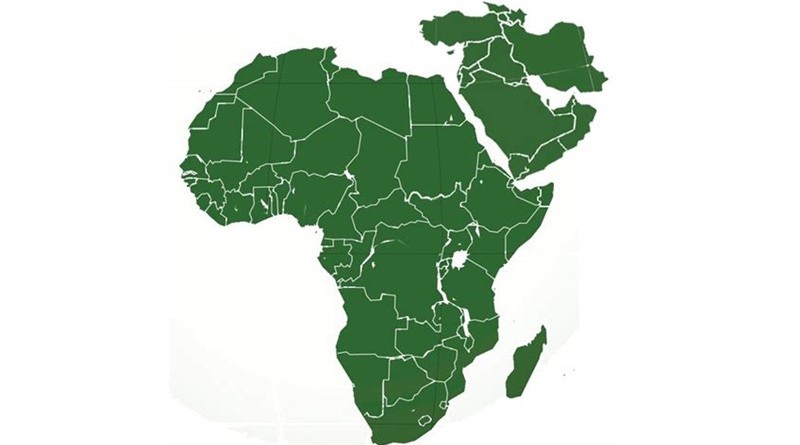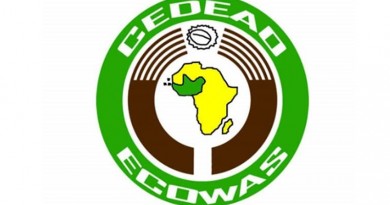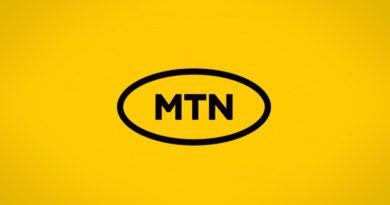Africa and Middle East marketing automation software market to reach $1.9 billion by 2024, research
According to the market research report published by P&S Intelligence, Middle East and Africa marketing automation software market is expected to reach $1.9 billion by 2024, registering a CAGR of 14.4% during the forecast period.
The growth in the market can be mainly attributed to surging adoption of digital marketing and robustly growing e-commerce platforms.
Customers across the region are increasingly becoming tech-savvy and relying on information available on blogs, social media sites, and search engines, for making purchase decisions.
With surging social media adoption, businesses across the region are focusing on investing heavily in digital/online marketing to leverage the opportunity of accessing and targeting larger customer base. These factors are expected to support the growth of the Middle East and Africa marketing automation software market.
Based on solution, the market is classified into cross channel campaign management (CCCM), content marketing platform (CMP), lead-to-revenue management (L2RM), through channel marketing automation (TCMA), marketing resource management, and real-time interaction management.
Among these, CCCM category is estimated to hold the largest revenue share in the Middle East and Africa marketing automation software market in 2018. This is attributed to the growing need of MEA enterprises for software that supports them in customer data management and analytics, along with the need for workflow tools for designing, executing, and measuring campaigns for digital and offline channels.
Based on enterprise size, the Middle East and Africa marketing automation software market is categorized into large enterprises, and small and medium enterprises (SMEs). Of the two, SMEs category is projected to record faster market growth during the forecast period, attributed to improving business conditions and increasing focus on enhancing productivity among SMEs.
Hence, rapid SMEs growth in the region in terms of information technology (IT) spending, is further encouraging the adoption of such digital solutions to automate and streamline their marketing activities. Companies such as HubSpot Inc. (via its Middle East partner Nexa), and Pardot LLC are offering marketing automation software solutions mainly for SMEs.
Turkey is estimated to be the largest marketing automation software market in MEA in 2018, and is expected to continue holding the highest share during the forecast period.
The country is posting the highest adoption of marketing automation software in its e-commerce industry, coupled with overall growth in digital marketing. The e-commerce industry of Turkey recorded a CAGR of over 12% during 2013–2017 and reached $11.7 billion in 2017. Rising usage of smartphones is reinforcing the e-commerce business in the country. E-commerce companies in Turkey are transforming their businesses to improve their leads via mass usage of smartphones.
The Middle East and Africa marketing automation software market is highly competitive, predominantly due to emergence of marketing automation software as an essential platform for every business to business (B2B) and business to consumer (B2C) organizations for lead nurturing and generation.
Further, the region is witnessing increasing number of marketing automation vendors, resulting in decline in prices of marketing automation software, and providing easy access for new entrants to the market, especially for SMEs.
With extensive number of social media platforms available to customers and marketers, along with easy access to digital platforms, the marketers are focusing on scale and volume of marketing operations, offering customized customer experiences. Furthermore, the solutions are becoming more tailored and accessible with time.
The Middle East and Africa marketing automation software market is highly fragmented with the presence of a number of market players such as Cognizant Technology Solutions Corporation, Act-On Software Inc., Infusionsoft Inc., Teradata Corporation, Netcore Solutions Pvt. Ltd., Oracle Corporation, International Business Machines (IBM) Corporation, Adobe Systems Incorporated, Salesforce.com Inc., HubSpot Inc., SAS Institute Inc., SAP SE, and Liana Technologies.




